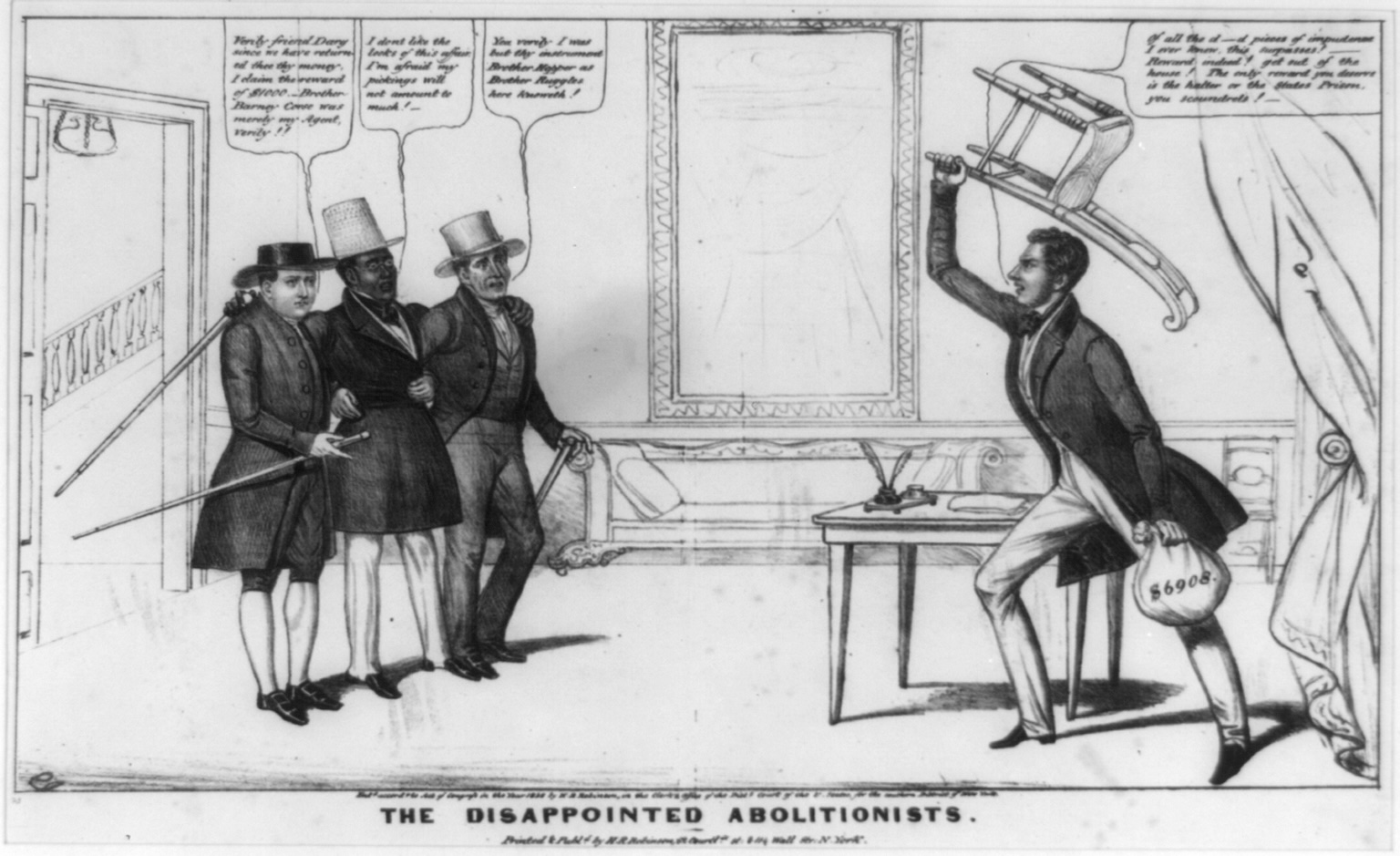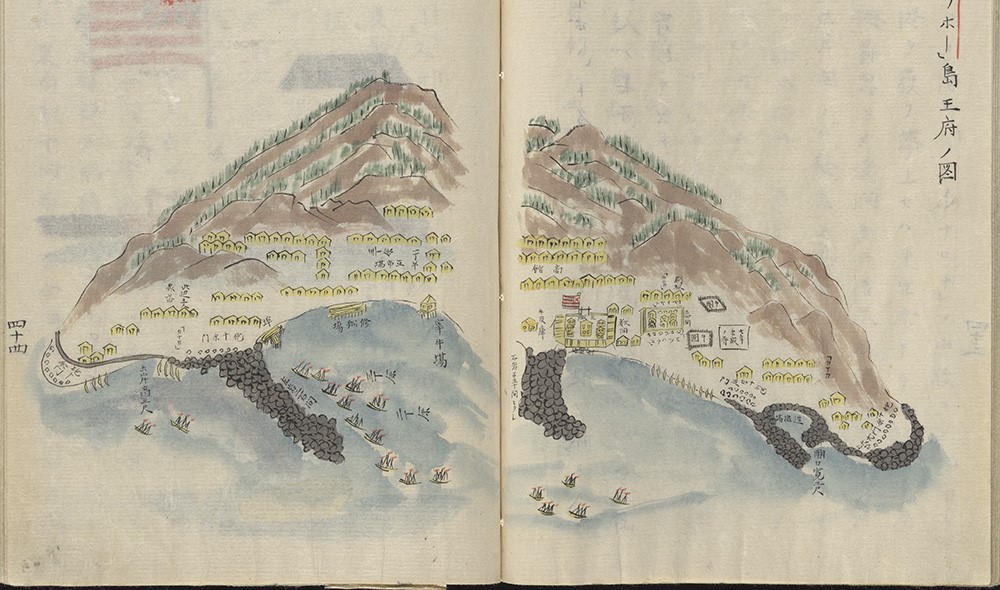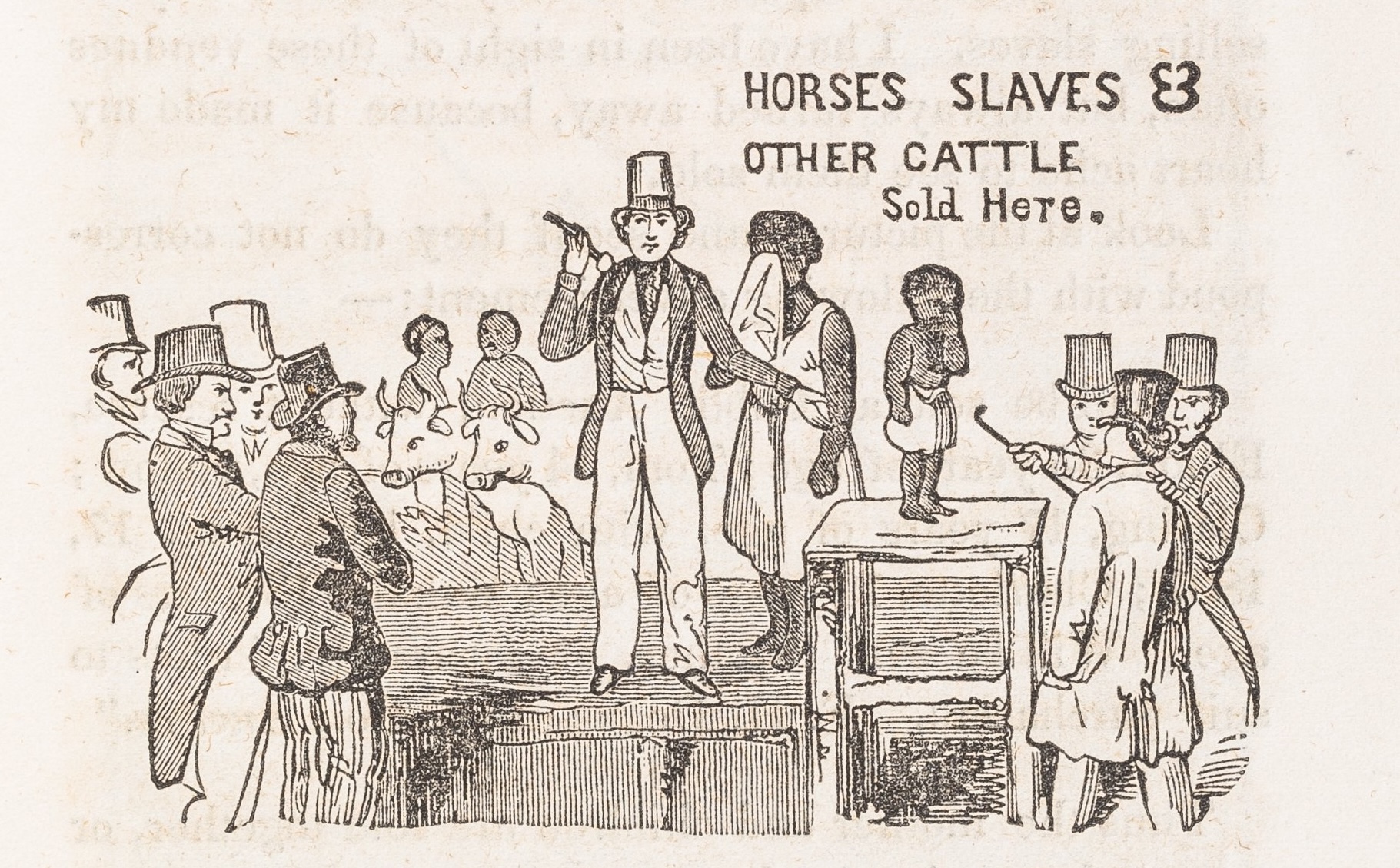May 27, 2008
Are You Smarter Than an Eighth Grader? No, you’re not.
Here are the questions Isaac had to answer to get to the National Geographic Bee finals, or paraphrases of them. See how you do, without Wikipedia or Google. Answers will be given in a later post.
PRELIMINARY ROUND, 21 May 2008 — individual questions
- Practice question: Which African city has been a capital for a longer time, Yamoussoukro or Tripoli?
- Physical geography: What is the name of the shallow part of a stream caused by sedimentary deposition, riffle or oxbow?
- Literary landmarks: Franz Kafka was born in this city, located on the Vltava River, that was the former capital of the Austro-Hungarian province of Bohemia? [This question, and the whole category, are way harder when you are in 5th-8th grade and have never heard of the author in question. Isaac is not exactly a heavy Kafka reader.]
- Landlocked countries: Ciudad del Este is located on the Itaipu Reservoir, near where Brazil, Argentina, and which other country meet?
- Historical geography: With the support of India, what country did Bangladesh split from in 1971?
- World geography: Pinar del Rio is located near Cabo de San Antonio on the western tip of which Caribbean island?
- International disputes: Guatemala claims part of the bordering region of which neighboring country that was formerly colonized by both Great Britain and Spain?
- Economic profile, using a cartogram projected on the screen: The second highest per capita GDP in Africa is enjoyed by a country in what ocean?
- Ports: Peru’s most important port is located in what city, west of Lima? [This is the one Isaac missed in the preliminary round.]
- Analogies: Mt. Cook is to New Zealand as Punchak Jaya is to ______?
TIEBREAKER ROUND (among 12 students who missed only one question in the preliminary round) — all students were asked the same question, wrote their answer on a card, and held it up
- What present-day Russian city, formerly known as Stalingrad, was renamed during Nikita Khrushchev’s de-Stalinization campaign? [Isaac missed this one.]
- What country borders Colombia to the south along the Putumayo River? [All the other students held up one answer, and Isaac another. He was right and got into the finals.]
- The Musicians Seamounts, including Brahms, Wagner, and Chopin, are located in what ocean? [Isaac did not have to do this one, which was good since quite a few people in the room though the moderator said Musician’s Sea Mouse, which made it really confusing.]
May 23, 2008
Isaac Goes to Washington
Readers here (and people who have emailed me over the past week) may have been wondering where I was. The short version would be, in a place with expensive Internet connections and a 9-year-old and his grandparents to occupy, amidst unparalleled family excitement. I am going to write up some of the saga here, but it will have to be in chunks, as we make our way back home.
As reported earlier, my older son Isaac won the Missouri State Geography Bee a few weeks back. The reward for that was this week’s trip to the National Geographic Bee in Washington, D.C., hosted by the National Geographic Society itself. (At the state level, I had not quite twigged to the fact that the venerable educational publisher was the ultimate organizer of the event.) The National Bee turned out to be a nearly week long series of events based at a rather strange old downtown D.C. hotel, where we all had to stay, at no little expense. The contestants themselves were paid for, but also required to room with other contestants, and we could not see not being the building while Isaac was having the first experience anything remotely like that. Karen signed on as the parental representative at the various banquets and picnics, whilst I was deputed to entertain our younger son Owen (and visiting grandparents) in the many hours when geographic competition was not occurring. So we hit the tourism, and the pavement, hard. (I will have some thoughts on the History Channelization of history in the various D.C.-area museums, based on what Owen and I saw, a bit later.)
The trip was not a small thing before, but it got a bit bigger when we arrived here Monday and saw the auditorium/television studio and giant three-level game show-style set that would host the finals. As if that was not daunting enough, reading through the ready-for-Harvard biographies of the other 54 state and territory winners made it even more so. Poor Isaac has not yet written any novels or mastered any musical instruments or weapons, and his travel experience has largely been limited to family visits and car trips built around his father attending history conferences. We had his birthday party in a hotel bar in Philadelphia one year. Not that there is anything wrong with that.
The foregoing is just a way of saying that it was quite unexpected when Isaac actually made it into finals, in last-minute, walk-off fashion, I might add. I will have to explain that tomorrow when Isaac is awake to help me remember the exact question.
May 16, 2008
Seems Like Old Times: The “mainstream of America” gambit
Unsurprisingly, so much so that it is a little strange that it is even considered news, Bloomberg News informs us that the GOP plans to go back one of the oldest and rattiest pages in its playbook by painting Barack Obama as soft on crime and thus out of step/touch/contact with the fabled “mainstream of America.”
The Republicans are facing an uphill battle against a fresh-faced Democrat for a third term in the White House, and they are reaching for a familiar playbook: crime.
It worked in 1988; it will be tried again in 2008.
With Illinois Senator Barack Obama almost certain to be the Democratic nominee, Republican groups are focusing on his vulnerabilities. They are highlighting some of his positions during his eight years in the Illinois state legislature, from opposing extending the death penalty for gang members to supporting the “decriminalization” of marijuana and refusing to back restrictions on porn shops.
“I would be amazed if crime was not used extensively to show how out of step this guy is with the mainstream of America,” said Tony Fabrizio, a Republican strategist unaffiliated with the campaign of the party’s presumptive nominee, Arizona Senator John McCain. Fabrizio said the crime votes, in particular, were “something visceral.”
The reporter who wrote this piece only seems to remember back to 1988, because 1968 and Richard Nixon’s “law and order” campaign would be the real start of this gambit’s modern history, with precursor honors (?) going to the bizarre pro-Goldwater experimental film Choice from 1964. Yes, I put the words Goldwater and “experimental film” in the same sentence. Choice was an unsettling montage of staged and archival footage that juxtaposed the presumed white viewers’ “real” America of children and flag with the rising Democratic America of black people, violence, gambling, nudity, and speeding Cadillacs with beer cans flying out the window. All that and some seething Voice of God narration from conservative actor Raymond Massey.
At the same time, “outing” seemingly progressive candidates from the “mainstream” has been a feature of American right-wing discourse since the very beginning. Let me throw out one example from my research on the 1796 presidential election. A Federalist writer in the Reading (Pa.) Weekly Advertiser dredged up Democratic-Republican figurehead Thomas Jefferson’s opposition to a national fast day when he was serving in the Continental Congress back in 1776. Supposedly Jefferson had attacked the idea “with Sneer and Ridicule,” representing the proposal as “the Offspring of Ignorance or Superstition.” Just like Barack Obama’s lack of a flag pin or implied lack of vengefulness toward marijuana users, Jefferson’s alleged insouciance about national fast days marked him as far too rad to be elected by good American voters.
May 13, 2008
The “Great Whore” No More
That maxim about Democrats falling out and Republicans falling into line never seemed truer than today, at least the second part, as Pastor John Hagee tosses out huge chunks of his own evangelical Protestant theology, preached by him on countless, often televised occasions, because its open anti-Catholicism might hurt John McCain’s campaign. Josh Marshall’s headline says it all: “Hagee: Just Kidding! ” Here is most of the Wall Street Journal’s report:
Washington Wire – WSJ.com : McCain Backer John Hagee Apologizes to Catholics
McCain Backer John Hagee Apologizes to Catholics
John Hagee, the controversial Evangelical pastor who endorsed John McCain, will issue a letter of apology to Catholics today for inflammatory remarks he has made, including accusing the Roman Catholic Church of supporting Adolf Hitler and calling it “The Great Whore.” (See a copy of the letter PDF.)
“Out of a desire to advance greater unity among Catholics and Evangelicals in promoting the common good, I want to express my deep regret for any comments that Catholics have found hurtful,” Hagee wrote, according to an advanced copy of the letter reviewed by Washington Wire. “After engaging in constructive dialogue with Catholic friends and leaders, I now have an improved understanding of the Catholic Church, its relation to the Jewish faith, and the history of anti-Catholicism.”
In the letter, addressed to Bill Donohue, president of the Catholic League and one of Hagee’s biggest critics, Hagee pledges “a greater level of compassion and respect for my Catholic brothers and sisters in Christ.”
Hagee met with 22 Catholic leaders in Washington on Friday to apologize for his comments, according to a source familiar with the meeting. Despite the McCain’s condemnation of Hagee’s anti-Catholic remarks, the campaign had no role in that meeting or Tuesday’s apology, according to the source who said it was something Hagee did because he felt it was necessary.
Donohue is expected to release a letter in response today, accepting Hagee’s apology. The Catholic leader slammed both Hagee and McCain in February, releasing a statement titled “McCain Embraces Bigot.”
“For the past few decades, [Hagee] has waged an unrelenting war against the Catholic Church,” Donohue wrote then. The Catholic League also compiled a bullet-point list on things they object to about Hagee titled “Veteran Bigot.”
Hagee’s letter explains some of the harsh words he has used when describing the Catholic Church. “I better understand that reference to the Roman Catholic Church as the ‘apostate church’ and the ‘great whore’ described in the book of Revelation” — both terms Hagee has employed — “is a rhetorical device long employed in anti-Catholic literature and commentary,” he wrote.
May 12, 2008
May is the cruelest month
. . . at least for me and blogging. Too many papers to grade and year-end events to attend. Back soon!
May 5, 2008
Start Making Sense: A message from Terre Haute [updated]
The students in it also seem to have changed, or at least the times have changed around them. I spend 98% of the lecture time debunking conspiracy theories or analyzing them as historical texts, but increasingly I have come to feel that students are taking it for all the wrong reasons: sometimes because they want to believe in conspiracy theories themselves, but more often because they want American history and culture to be a kind of pop-culture lark they can use to while away some spring afternoons.
It’s the same sort of fundamental un-seriousness that is wrecking our current political process. Did I mention that my class is generally full of seniors and juniors from MU’s journalism school, which I am told is very highly regarded and certainly seems to find media jobs for most of its graduates?
Via a reader blog at Talking Points Memo, I just found one of the better summary descriptions of this un-serious attitude and its consequences for the presidential race. The piece comes from a local columnist in Terre Haute, Indiana. Terre Haute is not much of a place to look at or try to find a place to have dinner in, but it did help bring the world Eugene Debs and Larry Bird, so it has a certain tradition. The column is posted in full below, some after the jump.
STEPHANIE SALTER: Election 2008: What would the Trilateral Commission do?
TERRE HAUTE — A friend who teaches in public school here in Indiana was appalled not long ago when an e-mail from a colleague went out to everyone in the school’s cyber-address book.
The subject of the e-mail was Barack Obama and how he is “secretly” a radical Muslim bent on destroying the United States from within. A widely circulated pack of lies — e.g., he took the oath of office holding a Koran — the e-mail boasts that its contents are verifiable on the legitimate myth buster, snopes.com, which is the opposite of true.
At least my teacher friend’s colleague didn’t send out one of the popular e-mails that insist Obama shows all the signs of being the antichrist.
I wish I could say I was kidding, but I can’t. I live in the United States of America — a country in which most people are alleged to be literate — and I am about to participate in a historic presidential primary. But I am starting to wonder if some of my fellow citizens have a grasp on reality, let alone the issues.
A jihadist? The antichrist? Oh, for God’s sake.
Before anyone is tempted to play the region card, don’t. Indiana has no exclusive claim to people who are spending time this spring telling one another that Obama is a jihadist and/or the antichrist. Google offers about 2.25 million hits on the latter subject. (Mercifully, renunciations are part of the volume.)
The hearty existence of these and similar crusades points up a reality of contemporary American life: We are divided between the people who are inclined toward conspiracies, superstition, black-and-white explanations, pigeon holes and cheap sentimentality masquerading as “patriotism” — and the people who are not so inclined.
While many of those with an aversion to investigation and critical thought processes identify themselves as “conservatives,” there are liberal conspiracy theorists aplenty to demonstrate that twisted thinking is an equal opportunity affliction.
To see lefty conspiracies on display, one only need read the wild and crazy ideas about why a HuffingtonPost blogger shared her personal impressions of the Obama fundraiser in San Francisco, now known as “Bittergate.” The most popular: Hillary Clinton secretly paid her to do it.
Even among people who don’t buy Trilateral Commission plots, there is a decided intellectual shallowness in fashion this year. Across the land, from the blogosphere to the town hall meeting, too many axes are grinding and too many enemy camps are hunkered down. Among people of both major parties and many minor ones, 30-minute policy statements have been freeze-dried into four-word catch phrases, and complex humans have been reduced to cut-out characters who wear halos or horns.
Last month, a Pulitzer Prize-winning New York columnist actually cited leftover waffles and french fries as evidence of Obama’s inability to connect strongly enough with voters to vanquish Clinton from the Democratic race.
In the same essay, the columnist referred to Clinton’s continued quest of the nomination as “the Attack of the 50 Foot Woman” and called her criticisms of Obama “emasculating.”
Half-eaten waffles, sci-fi movie characters and sexist stereotypes? Is everything, including a presidential race, just another variation on Simon Cowell or the “Left Behind” series?
Eight years ago, millions of voters chose as president a former boozer who “seems like he’d be fun to have a beer with.” Didn’t we learn anything about the dangers of superficiality from this reversal of style over substance?
What in the world has happened to our B.S. detectors? We can’t find enough obvious differences among presidential candidates that we must resort to misogynistic name calling and invisible ties to al Qaida or Satan?
Why can’t we just use what is before our very own eyes?
May 2, 2008
AP tries to stir the ethnic pot
There was an AP story this morning headlined “Colorado resolution compares Indians’ deaths to Holocaust.” (I have posted the text of the story after the jump.) While I actually tend to support official apologies and reparations and such, I started to write post complaining about the needless, Ward Churchillian provocation of dropping the H-word on every event in human history where a lot of people got killed. It seemed like the kind of thing that was more likely to engender anger, misunderstanding, and cynicism than heightened awareness of real historical crime.
The only problem with the post I was going to write was that it was the AP that dropped the H-word, not the Colorado legislature. The story seemed to be missing a real money quite, so I looked up the resolution in question. It turned out to be a rather mild piece that referenced the Holocaust only as one of several cases of ethnic genocide that Colorado lawmakers had already memorialized. Here’s an excerpt:
21 WHEREAS, The Colorado General Assembly has recognized and
22 memorialized the victims of genocide in Europe against the Jews, in the
23 Middle East against the Armenians, and in Africa against the Sudanese;
24 and
25 WHEREAS, A common element in genocide is the creation of a
26 myth that the victims are in some way not part of the human family; and
27 WHEREAS, This element was present in the European treatment
28 of the American Indians, as well; now, therefore,
29 Be It Resolved by the Senate of the Sixty-sixth General Assembly
30 of the State of Colorado, the House of Representatives concurring herein:
31 (1) That we, the members of the General Assembly, express our
32 grief at the millions of deaths of American . . .
Now, I don’t fully endorse the accuracy of every historical interpretation embedded within the resolution, but it seemed quite reasonable and unobjectionable as such things go. It was the Associated Press headline, which ran in newspapers across the country, that turned the resolution into something Euro-Americans could be offended by, Jews and gentiles for their own reasons.
This story is today’s example (of one of them) of the media’s habit of finding or creating racial little scabs to pick. Whether born of laziness or malice I could not say, but the chief effect of little offenso-nuggests like this is to give middle-class white readers further reasons to feel huffy and complacent and self-serving in their views of American society and American history.
Gosh, thanks, AP!
This article originally appeared in issue 8.4 (July, 2008).
Jeffrey L. Pasley is associate professor of history at the University of Missouri and the author of “The Tyranny of Printers”: Newspaper Politics in the Early American Republic (2001), along with numerous articles and book chapters, most recently the entry on Philip Freneau in Greil Marcus’s forthcoming New Literary History of America. He is currently completing a book on the presidential election of 1796 for the University Press of Kansas and also writes the blog Publick Occurrences 2.0 for some Website called Common-place.



















